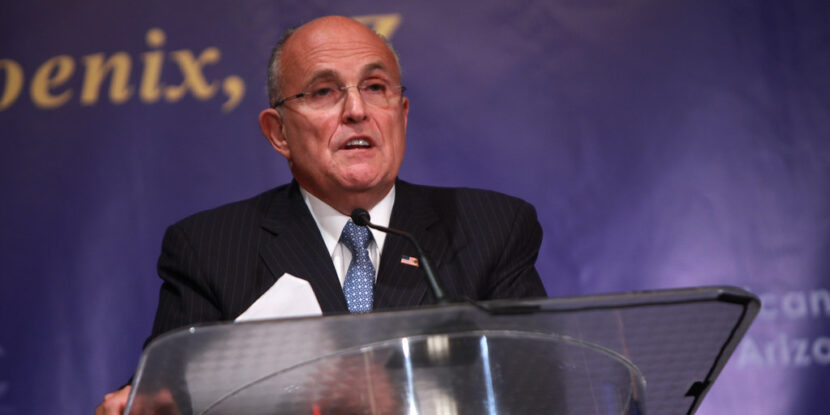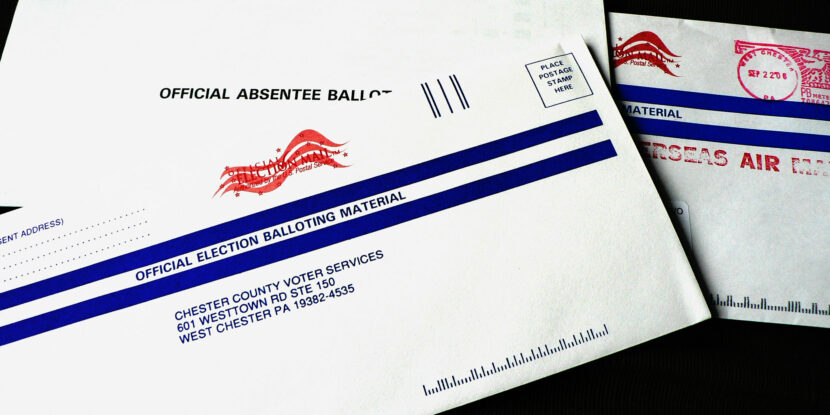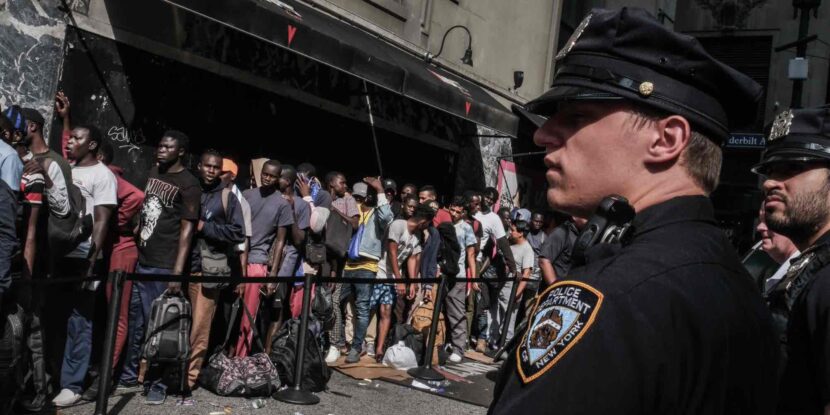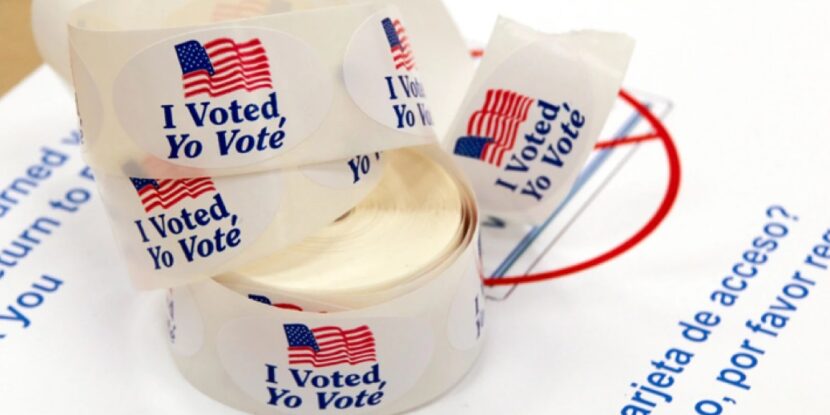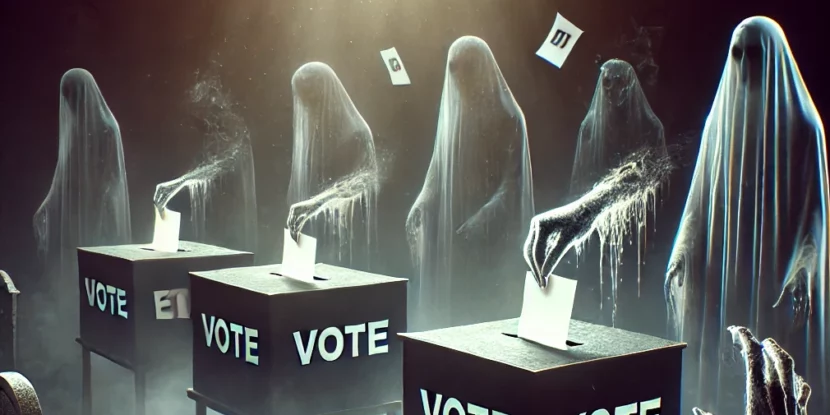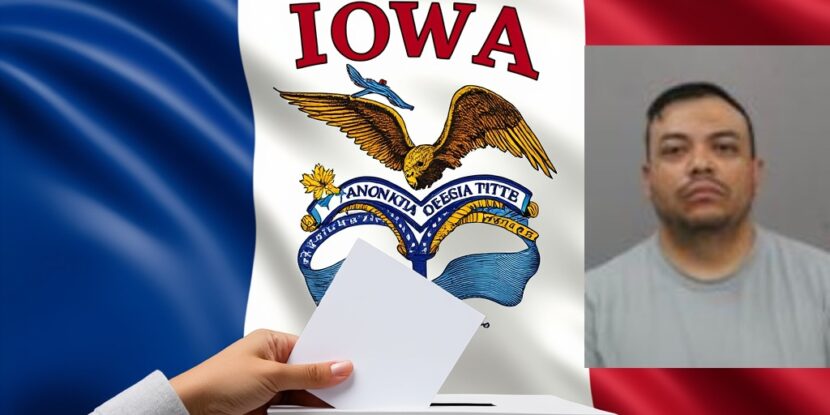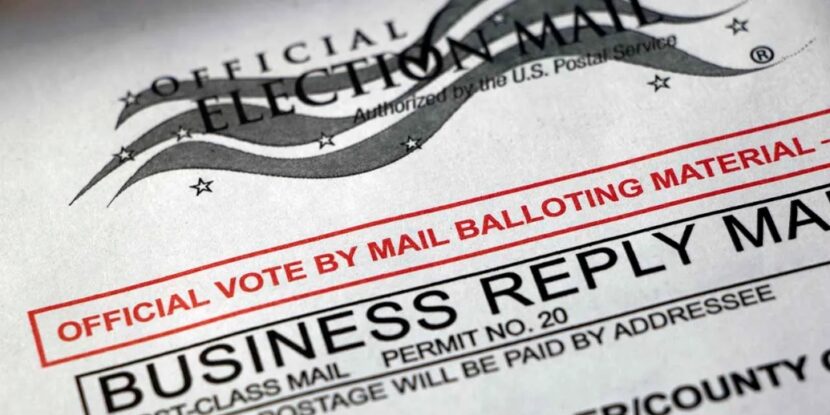Andrew Giuliani has filed court documents to assert his ownership of four World Series rings, originally given to his father, Rudy Giuliani, by the New York Yankees following their championships in 1996, 1998, 1999, and 2000. The rings are at the center of a legal dispute involving a $148 million defamation judgment against Rudy Giuliani by Georgia election workers Ruby Freeman and Wandrea “Shaye” Moss. The judgment stems from allegations Giuliani made about fraud in the 2020 presidential election, which Freeman and Moss argued caused them to face significant threats.
Andrew Giuliani, who ran for New York governor as a Republican in 2022, argues that his father gifted him the rings in 2018, according to court filings in Manhattan. He seeks to prevent Freeman and Moss from acquiring the rings as part of their efforts to collect on the defamation judgment. A judge has allowed Andrew Giuliani to intervene in this case.
Rudy Giuliani, hailed as “America’s Mayor” for his leadership in New York City following the September 11 terrorist attacks, is facing attempts to seize property such as his Manhattan apartment and jewelry collection, including the World Series rings. He is appealing the defamation judgment, arguing his statements on 2020 election fraud fall under free speech protections. He also contends that Freeman and Moss did not demonstrate “actual malice” on his part, a necessary component for winning defamation cases.
Freeman and Moss’s legal team has accused Rudy Giuliani of evading efforts to collect the exorbitant judgment through various legal maneuvers. Their litigation to secure the assets is proceeding with a hearing set for October 17.
show less